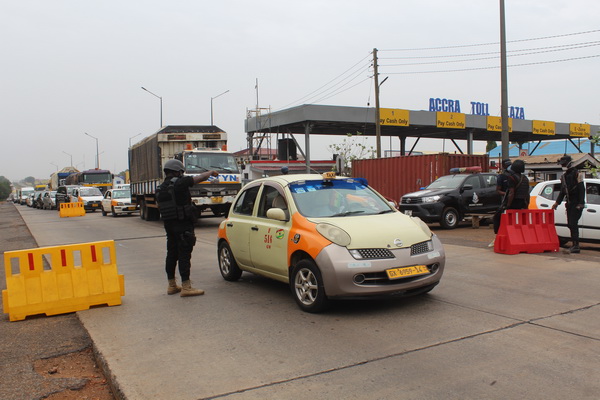
Lockdowns shouldn't be fully lifted until coronavirus vaccine found, new study warns
Coronavirus lockdowns across the globe should not be completely lifted until a vaccine for the disease is found, according to a study based on China's outbreak published in medical journal The Lancet.
China's draconian restrictions on daily life appear to have halted the first wave of Covid-19 across much of the country, but the researchers used mathematical modeling to show that premature lifting of measures could result in a sweeping second wave of infection.
Authorities ended the 76-day lockdown of Wuhan in Hubei province on Wednesday, as the city at the original epicenter of the coronavirus crisis emerges from the deadly outbreak that is now raging across the globe. Some restrictions will remain in place, however, with officials conscious of the risk as trains and tourist sites were packed across the country.
"While these control measures appear to have reduced the number of infections to very low levels, without herd immunity against Covid-19, cases could easily resurge as businesses, factory operations, and schools gradually resume and increase social mixing, particularly given the increasing risk of imported cases from overseas as Covid-19 continues to spread globally," said Professor Joseph T Wu from the University of Hong Kong, who co-led the research, in a Wednesday news release.
He cautioned that the speed of infection would rise unless governments ensured restrictions were lifted slowly and transmission was closely monitored.
"Although control policies such as physical distancing and behavioral change are likely to be maintained for some time, proactively striking a balance between resuming economic activities and keeping the reproductive number below one is likely to be the best strategy until effective vaccines become widely available."
The research could be critical as countries across the world -- some which have only had lockdowns in place for a few weeks -- consider how best to ease restrictions to get their economies moving again. Getting it wrong could lead to further outbreaks and new restrictions, the study found, and could be catastrophic for health services and economies.
Austria on Monday said it would gradually begin to reopen shops after Easter, one of several European countries preparing to loosen restrictions. In Germany, a group of economists, lawyers and medical experts are recommending a gradual revival of Europe's biggest economy that would allow specific industries and workers to resume their activities while steps are taken to prevent a resurgence of coronavirus.
A dozen academics wrote in that report, which was published last week by the Ifo Institute for Economic Research, that they do not expect a vaccine or effective treatment for the coronavirus to be available before 2021.
Click to read the full article
Credit: CNN.com
